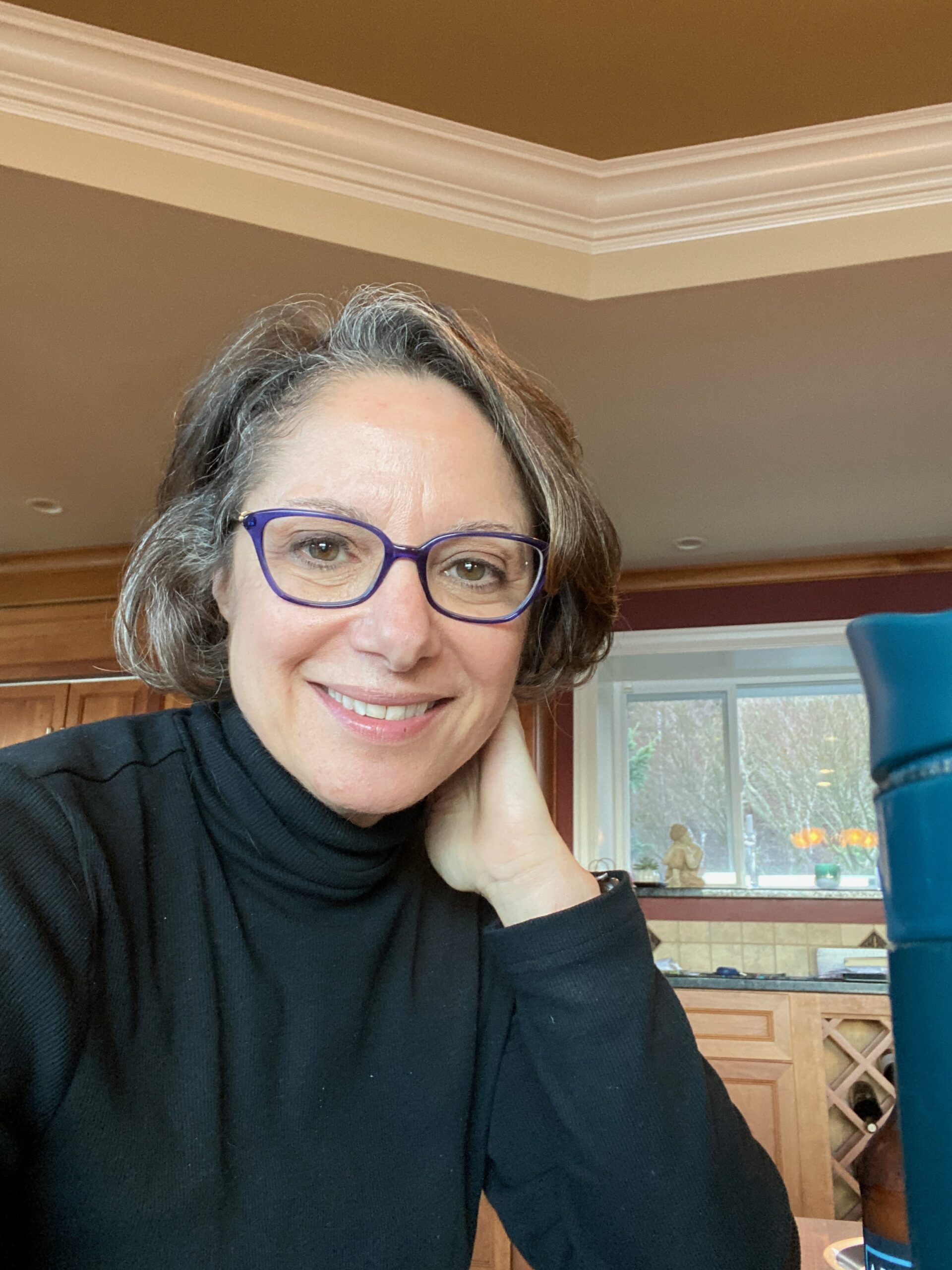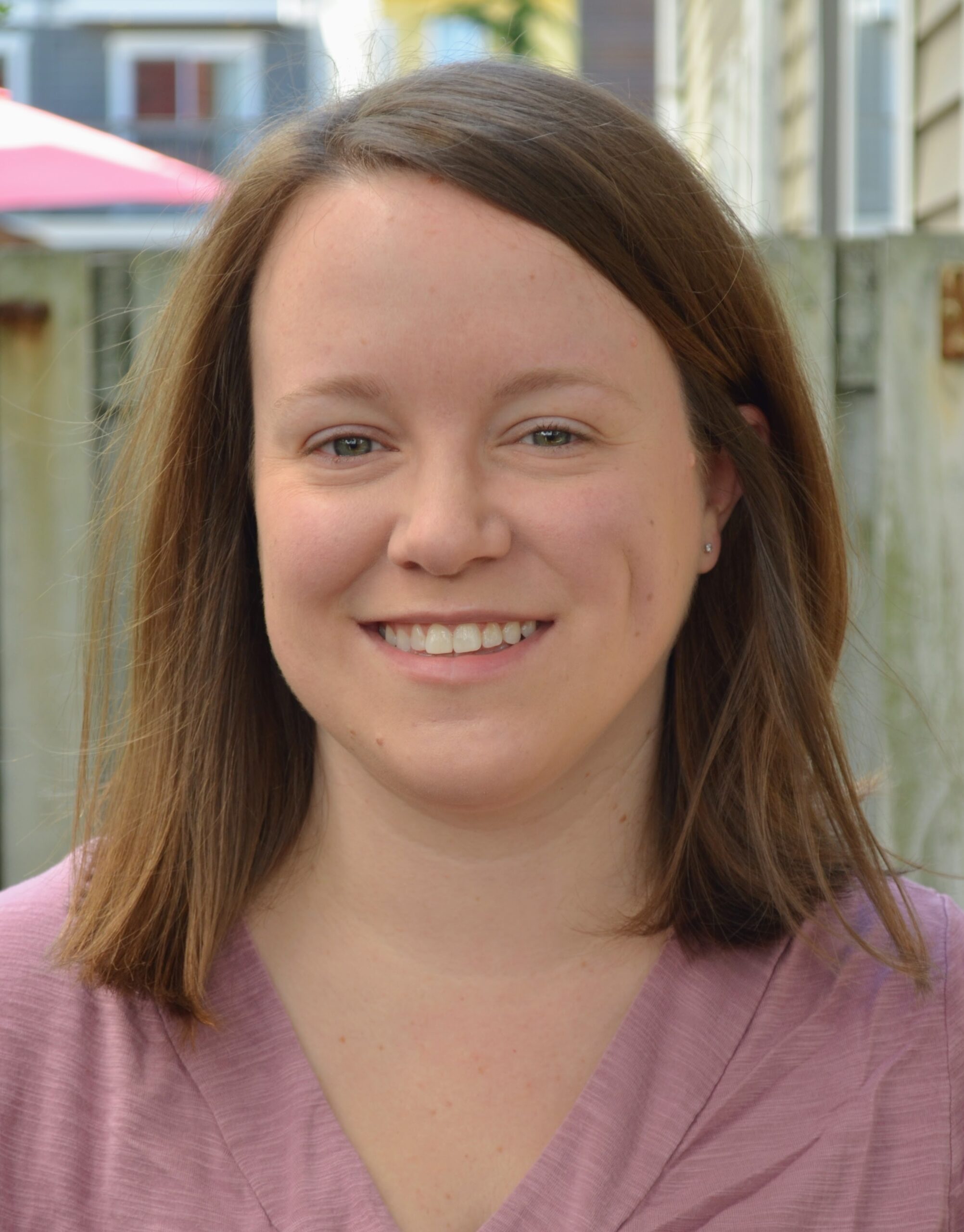Home > Older Adults Track | Mental Health Institute for Washington State Providers

The Institute of Medicine reported in 2012 that as many as 8 million people aged 60 and over had at
least one mental or substance abuse condition and projected that number to rise to 14 million by 2030.1
COVID-19 highlighted an increase in rates of anxiety and depression amongst older adults, exacerbated
by the lack of access to mental health providers knowledgeable about mental health needs, services, and
treatments for older adults.2,3,4 This training institute seeks to prepare the mental health workforce to
address the unique needs of older adults.
All times Pacific
9-11am
Brenna Renn, PhD; Brittany Mosser, MSW, LICSW
Register & learn more
2-4pm
Leilani Feliciano, PhD; Patrick Raue, PhD
Register & learn more
9am-12pm
Janelle Jensen, LMFT
Register & learn more
2:30-4:30pm
Patricia Areán, PhD; Patrick Raue, PhD
Register & learn more
2:00-4:30pm
Patricia Areán, PhD; Patrick Raue, PhD
Register & learn more
9:00am-12:00pm
Janelle Jensen, LMFT
Register & learn more
11:00am-5:00pm
Patrick Raue, PhD
Register & learn more
8:30-11:30am
Lesley Steinman, MSW, PhD; Susan Jay Rounds, MSW, CASW
Register & learn more
2:00-5:00pm
Patrick Raue, PhD
Register & learn more
9:00-11:00am
Kristoffer Rhoads
Register & learn more
9:00-4:30pm
Kris Fredrickson
Register & learn more
1:00-5:00pm
Patricia Areán, PhD
Register & learn more

Patrick J. Raue, PhD is Professor in the Department of Psychiatry and Behavioral Sciences at the University of Washington. He received his PhD in Clinical Psychology from SUNY Stony Brook in 1995. Dr. Raue conducts NIMH-supported research on training non-specialists in behavioral interventions; patient preferences and shared decision-making approaches for depression; and the effectiveness of psychotherapy for older adults.
Dr. Raue is Associate Director for Evidence-Based Psychosocial Interventions at the AIMS Center, and Director of the National Network of PST Clinicians, Trainers & Researchers. In these roles, he develops and leads implementation and training programs in a variety of behavioral health interventions. Raue’s clinical expertise includes the identification and management of mental health conditions in community and medical settings, including primary care and home health care.
 Patricia Areán is a professor in the University of Washington’s Department of Psychiatry and Behavioral Sciences and also is a clinical psychologist. Dr. Areán is a leading behavioral scientist, with an expertise cross-cultural mental health, geriatric psychology, assessment and treatment of depression and anxiety, the use of Human Centered Design for adapting psychosocial interventions and in the use of technology to conduct surveys, user experience research and clinical trials to scale. She is currently co-director of the NIMH funded ALACRITY Center and directs the CREATIV and the MHATS Digital Laboratories at the University of Washington. Dr. Areán has published on the recognition and treatment of depression and anxiety, methods for recruiting and retaining large and representative numbers of adults into longitudinal research, and acceptability of using digital methods for the purpose of screening and treating mental illnesses.
Patricia Areán is a professor in the University of Washington’s Department of Psychiatry and Behavioral Sciences and also is a clinical psychologist. Dr. Areán is a leading behavioral scientist, with an expertise cross-cultural mental health, geriatric psychology, assessment and treatment of depression and anxiety, the use of Human Centered Design for adapting psychosocial interventions and in the use of technology to conduct surveys, user experience research and clinical trials to scale. She is currently co-director of the NIMH funded ALACRITY Center and directs the CREATIV and the MHATS Digital Laboratories at the University of Washington. Dr. Areán has published on the recognition and treatment of depression and anxiety, methods for recruiting and retaining large and representative numbers of adults into longitudinal research, and acceptability of using digital methods for the purpose of screening and treating mental illnesses.
 Brittany Mosser, MSW, LICSW is a clinical social worker with extensive experience working with older adults and their families, including those impacted by Alzheimer’s, medically complex older adults, and residents in sub-acute health care settings. Brittany is an expert in the delivery of evidence-based psychosocial treatments with older adults and caregivers, and has trained and supervised mental health providers in numerous EBPIs. In her current role, Brittany manages a broad range of research studies at the University of Washington focusing on delivery and implementation of EBPIs, digital mental health, and large-scale remote research. She earned her BA from Middlebury College and MSW from the University of Maryland. Brittany is interested in improving access to evidence-based treatments through increased training opportunities, engaging a variety of treatment providers, modified treatments, and digital health applications.
Brittany Mosser, MSW, LICSW is a clinical social worker with extensive experience working with older adults and their families, including those impacted by Alzheimer’s, medically complex older adults, and residents in sub-acute health care settings. Brittany is an expert in the delivery of evidence-based psychosocial treatments with older adults and caregivers, and has trained and supervised mental health providers in numerous EBPIs. In her current role, Brittany manages a broad range of research studies at the University of Washington focusing on delivery and implementation of EBPIs, digital mental health, and large-scale remote research. She earned her BA from Middlebury College and MSW from the University of Maryland. Brittany is interested in improving access to evidence-based treatments through increased training opportunities, engaging a variety of treatment providers, modified treatments, and digital health applications.
1Institute of Medicine. 2012. The Mental Health and Substance Use Workforce for Older Adults: In Whose Hands? Washington, DC: The National Academies Press. https://doi.org/10.17226/13400.
2Kaiser Family Foundation. One in Four Older Adults Report Anxiety or Depression Amid the COVID-19 Pandemic. Wyatt Koma, Sarah True, Jeannie Fuglesten Biniek, Juliette Cubanski, Kendal Orgera, and Rachel Garfield. Oct. 9, 2020. Found on the internet at https://www.kff.org/medicare/issue-brief/one-in-four-older-adults-report-anxiety-or-depression-amid-the-covid-19-pandemic/
3Substance Abuse and Mental Health Services Administration.Key substance use and mental health indicators in the United States: results from the 2019 National Survey on Drug Use and Health. 2020Sep (Report No.PEP20–07-01-001). Found on the internet at https://www.samhsa.gov/data/sites/default/files/reports/rpt29393/2019NSDUHFFRPDFWHTML/2019NSDUHFFR1PDFW090120.pdf
4The Mental Health and Substance Use Workforce for Older Adults: In Whose Hands? Jill Eden, Katie Maslow, Mai Le, and Dan Blazer, Editors; Committee on the Mental Health Workforce for Geriatric Populations; Board on Health Care Services; Institute of Medicine. National Academies of Science, 2012. Found on the internetathttps://www.aagponline.org/clientuploads/IOM%20July%202012%20Report%20Full.pdf
